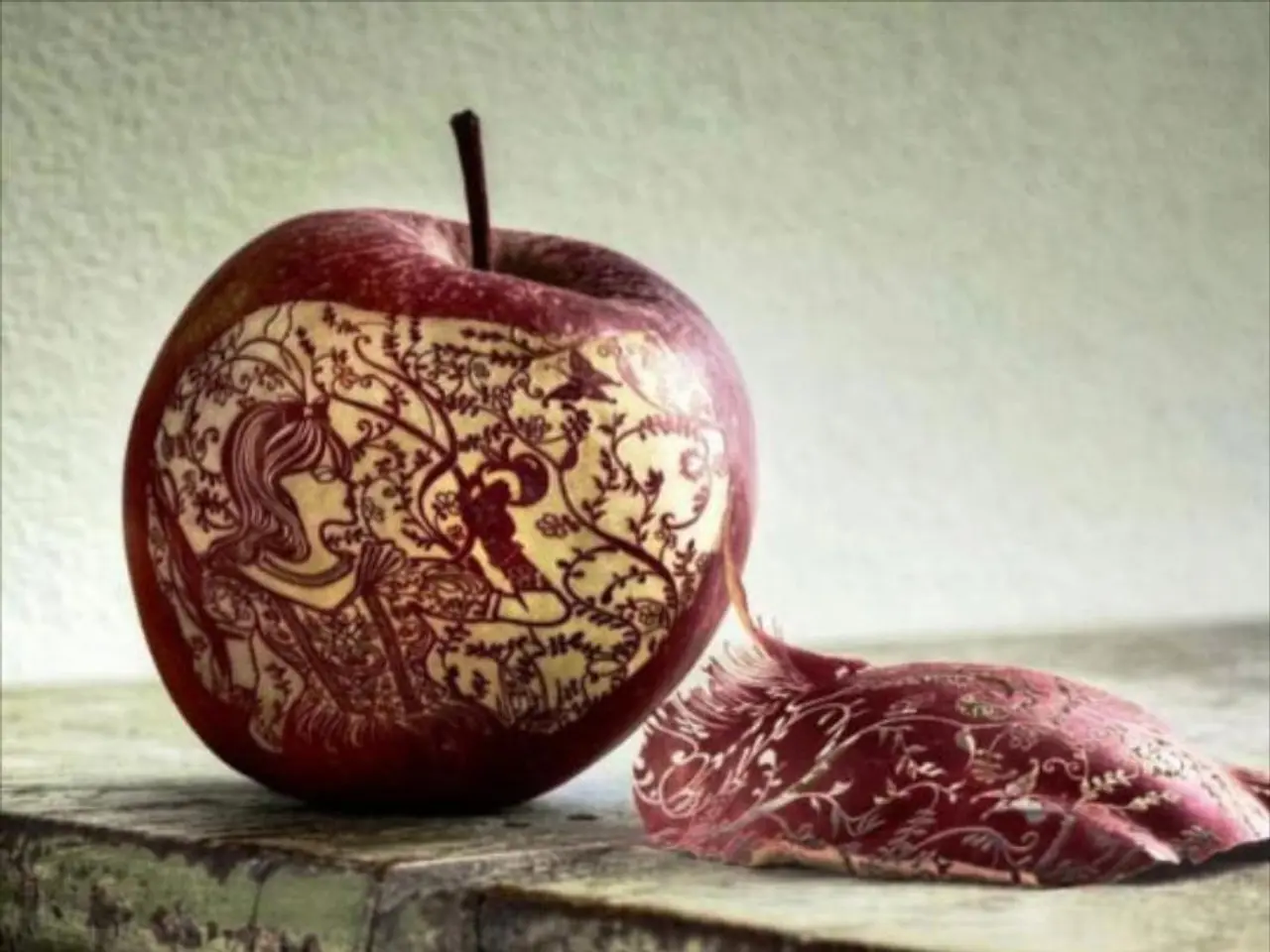Shift in Apple's Priorities Towards Artificial Intelligence and Mechanized Endeavors
Apple, the tech giant known for revolutionizing consumer technology, is pivoting its strategy to adapt to the future. The company is directing its vast resources towards technologies that stand at the forefront of the next technological revolution, with a particular focus on Artificial Intelligence (AI) and robotics.
This strategic shift was confirmed by the cancellation of Project Titan, Apple's electric car project. The termination of Project Titan was a testament to the monumental hurdles of automotive manufacturing, a domain far afield from Apple's core competencies. Instead, the company is now focusing on AI development, particularly integrating advanced AI into its products like Siri, while also pursuing strategic smaller acquisitions and partnerships to strengthen its AI capabilities.
The recent layoffs and project cancellations observed in Apple indicate recalibrations and realignments in the company's strategy. Apple is undergoing significant changes in its workforce, marking its most considerable reduction since the pandemic began, with 614 employees facing layoffs as of May 27.
The key to sustained leadership and innovation lies in the ability to navigate through uncertainty, leveraging core competencies towards emerging opportunities. For Apple, this means a focus on AI software, improved user experience, and small but strategic AI company acquisitions to embed AI deeply into their ecosystem.
Apple has conducted talks about acquiring major AI companies such as Perplexity AI and Mistral and is exploring incorporating technology from OpenAI or Anthropic to create a large language model-based version of Siri. CEO Tim Cook and software chief Craig Federighi have stated that AI is a top priority at Apple, with significant investments underway to overhaul Siri's architecture and deliver a major upgrade relying on AI enhancements.
The synergies between AI, machine learning, robotics, and traditional consumer electronics will undoubtedly shape the future of technology. The decision to divert resources and talent from the now-defunct car project to its AI division aims to curtail ventures with dubious profitability and double down on areas ripe for innovation and growth.
Ongoing advertisements for robotics-related roles suggest Apple's ambition to remain at the innovation vanguard in the realm of personal robotics and AI-powered devices. Apple's entry into AI and robotics presents a fertile ground for the company to leverage its expertise in marrying hardware with cutting-edge software.
The transformative impact of AI in technology sectors is undeniable, a reality that Apple is keen to harness. The industry awaits the fruits of Apple's strategic pivot into AI and robotics, with substantial challenges and opportunities for innovation.
Apple's journey from the aspiration of electric vehicles to the promise of AI and robotics illustrates the importance of flexibility and foresight in today's fast-paced technological landscape. The company's strategic reorientation is centered on AI and robotics, marking a new era for the tech giant.
The integration of AI in consumer technology could be further catalyzed by Apple's transition, enhancing personalization and functionality. The synergies between AI, machine learning, robotics, and traditional consumer electronics will undoubtedly shape the future of technology. As Apple delves deeper into AI and robotics, it's clear that the tech giant is poised to make a significant impact on the industry, shaping the way we interact with technology for years to come.
Apple is directing its resources towards projects that center around Artificial Intelligence (AI) and robotics, as confirmed by the cancellation of Project Titan and the recent focus on AI development for Siri and other products. The company is also pursuing acquisitions and partnerships to strengthen its AI capabilities, showing a dedication to leveraging AI in technology sectors to enhance personalization and functionality, shaping the future of consumer technology.




